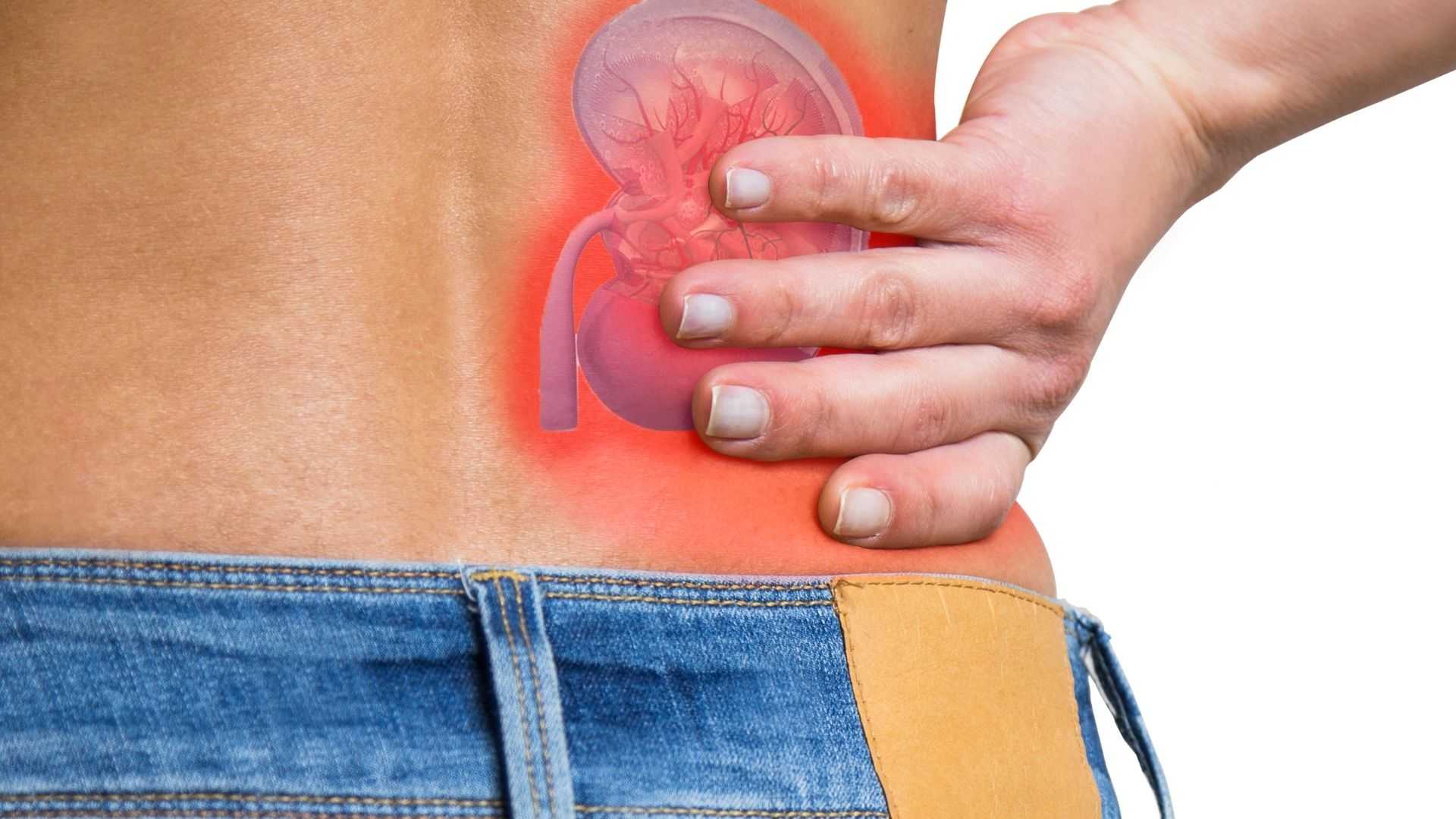
Understanding Kidney Stones: What Lifestyle Habits Contribute To Their Formation

Kidney stones, a painful and common urological condition, have been plaguing individuals for centuries. These small, solid mineral deposits that form within the kidneys can cause excruciating pain, disrupt daily life, and even lead to serious health complications. It's crucial to understand the factors that contribute to the development of kidney stones, particularly the lifestyle habits that can increase your risk. In this comprehensive guide, we delve deep into the intricacies of kidney stones and explore the lifestyle habits that can lead to their formation.
The Basics of Kidney Stones
What Are Kidney Stones?
Kidney stones, medically known as renal lithiasis, are hard, crystalline mineral deposits that form within the kidneys. These stones can vary in size, from tiny grains to larger, more significant structures. While they can develop anywhere in the urinary tract, they are most commonly found within the kidneys.
Types of Kidney Stones
There are several types of kidney stones, with the most common being calcium stones. Other types include:
1. Oxalate Stones: These stones are primarily composed of calcium oxalate and can develop due to high levels of oxalate in the diet.
2. Uric Acid Stones: These stones form due to elevated levels of uric acid in the urine, often associated with a purine-rich diet.
3. Struvite Stones: Struvite stones are typically caused by urinary tract infections.
4. Cystine Stones: These are rare and result from a genetic disorder that causes the kidney to excrete too much cystine into the urine.
Lifestyle Factors That Contribute to Kidney Stones
Now, let's explore the lifestyle habits and choices that can increase the likelihood of developing kidney stones.
1. Dietary Choices
High Sodium Intake: A diet rich in sodium can lead to increased calcium levels in the urine, making it easier for calcium stones to form.
Oxalate-Rich Foods: Consuming foods high in oxalates, such as spinach, beets, and sweet potatoes, can increase the risk of oxalate stones.
Low Fluid Intake: Dehydration can lead to concentrated urine, making it more likely for minerals to crystallize and form stones.
2. Inadequate Hydration
Insufficient water intake is a major risk factor for kidney stones. Adequate hydration is essential to keep urine dilute, preventing the concentration of minerals that form stones.
3. Obesity
Obesity is associated with a higher risk of kidney stones. Excess body weight can lead to higher levels of uric acid, which is a known contributor to stone formation.
4. High Protein and High Sugar Diets
Consuming excessive protein and sugar can result in increased uric acid and calcium levels in the urine, increasing the risk of kidney stones.
5. Sedentary Lifestyle
Lack of physical activity and prolonged periods of sitting can contribute to obesity and metabolic changes, which are associated with a higher risk of kidney stones.
6. Family History
A family history of kidney stones can predispose an individual to this condition. Genetic factors can play a significant role in stone formation.
Preventive Measures
To lower your risk of kidney stones, consider implementing the following preventive measures:
1. Hydration
Drink an adequate amount of water daily, aiming for at least 8-10 glasses. Staying well-hydrated can help prevent the concentration of minerals in the urine.
2. Dietary Changes
Reduce your sodium intake and limit oxalate-rich foods. Opt for a balanced diet that includes a variety of fruits and vegetables.
3. Physical Activity
Incorporate regular physical activity into your routine to maintain a healthy weight and reduce your risk of kidney stones.
4. Medical Evaluation
If you have a family history of kidney stones or suspect you may be at risk, consult a healthcare professional for a thorough evaluation and personalized guidance.
Read More: 5 habits for Prevention of kidney Stones
Conclusion
Kidney stones can be a painful and disruptive condition, but understanding the lifestyle habits that contribute to their formation is essential for prevention. By making conscious choices in your diet, hydration, and physical activity, you can reduce your risk and enjoy a healthier, stone-free life.
Remember, it's crucial to consult with a healthcare professional for personalized advice, especially if you have a family history of kidney stones or believe you may be at risk.
Author Bio
Article Comments
No Comments!
At present there are zero comments on this article.
Why not be the first to make a comment?
Similar Articles
Search Pages
User Upgrade
account to full use of editor,
Including hyperlinks
Article Categories
There are zero sub-categories in this parent category.
There are zero sub-categories in this parent category.

















